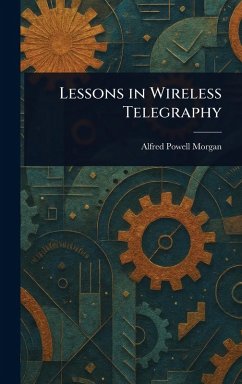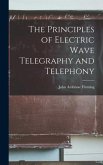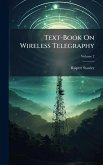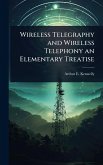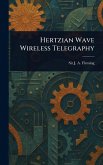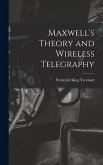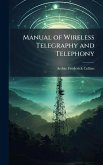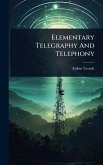Explore the fascinating origins of wireless communication with "Lessons in Wireless Telegraphy" by Alfred Morgan. This meticulously reprinted edition offers a systematic and elementary course in the principles of wireless telegraphy, providing a clear understanding of the electrical laws underpinning this revolutionary technology. Delve into the history of radio and the telegraph, exploring the foundations of electrical engineering and communication technology. This book serves as an enduring resource for anyone interested in the early days of wireless technology. Discover the subject of "Telegraph, Wireless" through accessible explanations and foundational concepts, making it an ideal starting point for understanding the physics of electromagnetism and the history of telecommunications. Whether you're an electrical engineering enthusiast, a history buff, or simply curious about the evolution of communication, this book provides valuable insights into a pivotal moment in technological advancement. This work has been selected by scholars as being culturally important, and is part of the knowledge base of civilization as we know it. This work is in the public domain in the United States of America, and possibly other nations. Within the United States, you may freely copy and distribute this work, as no entity (individual or corporate) has a copyright on the body of the work. Scholars believe, and we concur, that this work is important enough to be preserved, reproduced, and made generally available to the public. We appreciate your support of the preservation process, and thank you for being an important part of keeping this knowledge alive and relevant.
Bitte wählen Sie Ihr Anliegen aus.
Rechnungen
Retourenschein anfordern
Bestellstatus
Storno

